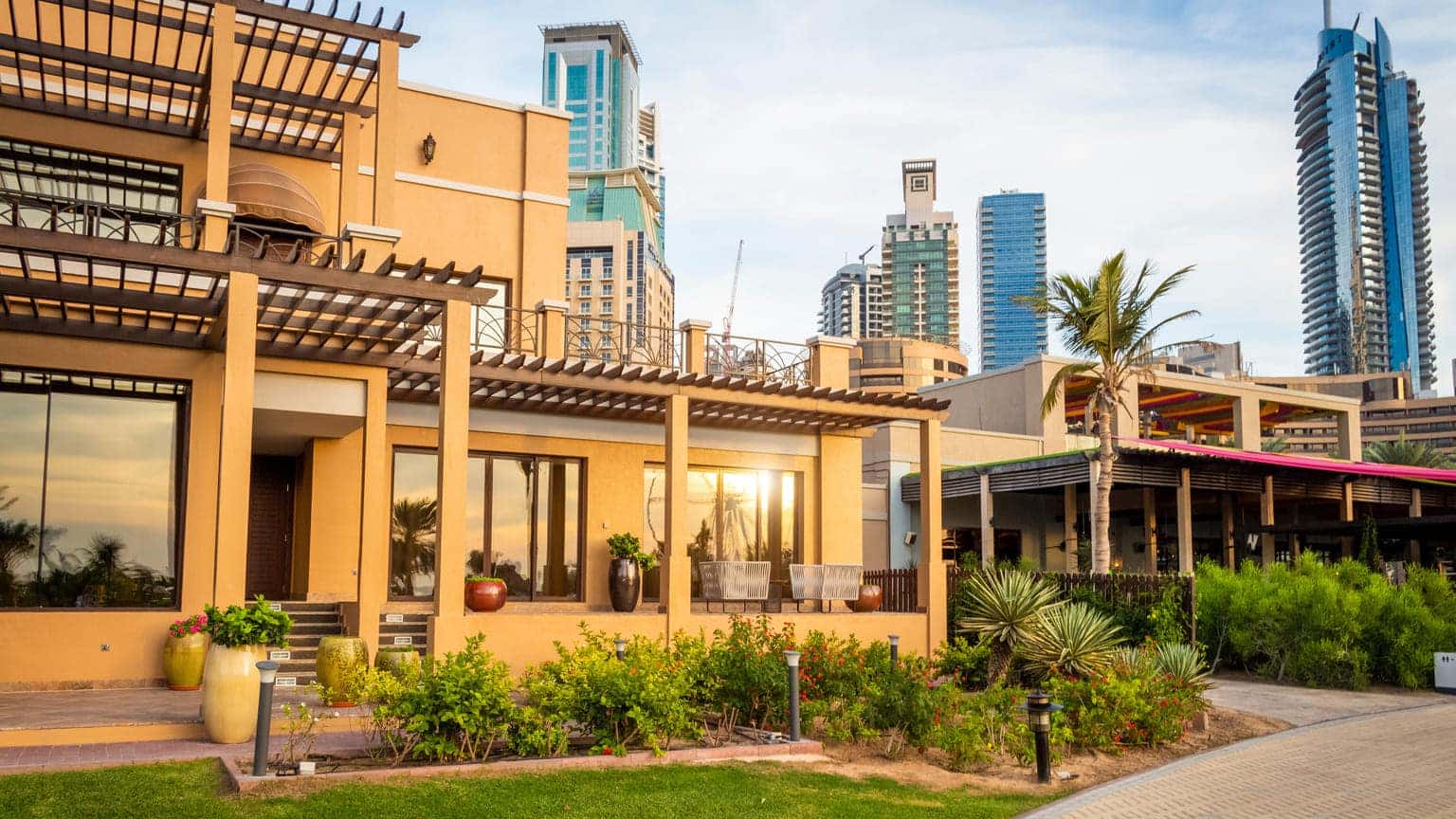
Could a possible decline in US luxury real estate worry the Middle East property market?
We are all aware that the global real estate industry is not immune to market shocks and that economic difficulties, conflicts, and other geopolitical variables all have an impact on it.
As the majority of foreign real estate brokers publish quarterly market reports, savvy property investors (and their advisers) must keep a close eye on worldwide market trends.
Being current with trends is an important aspect, so I find it interesting to consider how a potential decline in the US luxury real estate market would impact business in the Middle East.
First off, I think the American downturn will be mild based on my personal research. There are certain regions in this market that are overvalued, just as there are others that analysts claim are underpriced. These outliers are balanced by a correction.
In recent years, mortgage rates in the US have fallen to record-low levels while home prices have risen sharply. The media has reported that as of November 2022, house sales had fallen for 10 straight months, signaling a slowdown in the situation. Values of homes appear to have peaked.
I’m certain that the 2008 real estate catastrophe, which had effects on the entire world, won’t happen again. The ordinary American homeowner with a mortgage is in a significantly different situation now than they were in the early 2000s thanks to the lessons learned from that bubble. They have strong equity, favorable credit scores, and fixed-rate mortgages locked at rates far lower than 5%.
And the price increase was prompted by the cultural shift we observed during the epidemic, when individuals in the US found themselves unexpectedly released from the workplace and able to take advantage of larger properties outside of cities at lower costs. Naturally, this raised prices, but in the boom-and-bust cycle of real estate, American mortgage rates quadrupled last year, abruptly putting an end to rising purchasing.
Yet the US is currently dealing with unstable financial markets, uncertain markets, and stagnant sales. According to Redfin, US home sales declined by 35.1% in November 2022 compared to the same month last year, the worst decline in ten years.
While prudence is advised as the US market appears to be dour in 2023, it will be nothing in comparison to the erratic, globally significant fall of 2008.
Of course, any downturn is important to monitor, but as is frequently the case, the Middle East appears to be defying global trends. For example, Dubai’s real estate market had a record-breaking year in 2022 in terms of the number of transactions recorded by the Dubai Land Department as well as the highest prices ever paid in both the rental and sales markets.
There are several reasons why a slump won’t occur in the Middle East, particularly in the UAE. I think the UAE will continue to be a desirable option for buyers and investors due to the country’s strong and expanding economy and the variety of new visa policies, some of which are linked to investment and property ownership.
Also, the UAE remains at the top of the lists for global property growth because to its favorable tax structure, luxury real estate market, and lifestyle options.
I think the real estate market in Dubai and the rest of the region will stay consistent and stable, at least until the year 2023, while the US experiences what most experts refer to as a “normalization” of interest rates and housing prices.
While the number of affluent people in the US has grown quickly in recent years, those HNWIs may start going farther afield to invest in a new home as a responsible component of a wealth portfolio that is future-proof.
The real estate slump in the US can work to this region’s advantage.
While I don’t anticipate prices to increase significantly in 2023, two trends that are worth watching are a change in the desire for quality and a growth in the number of branded houses.



